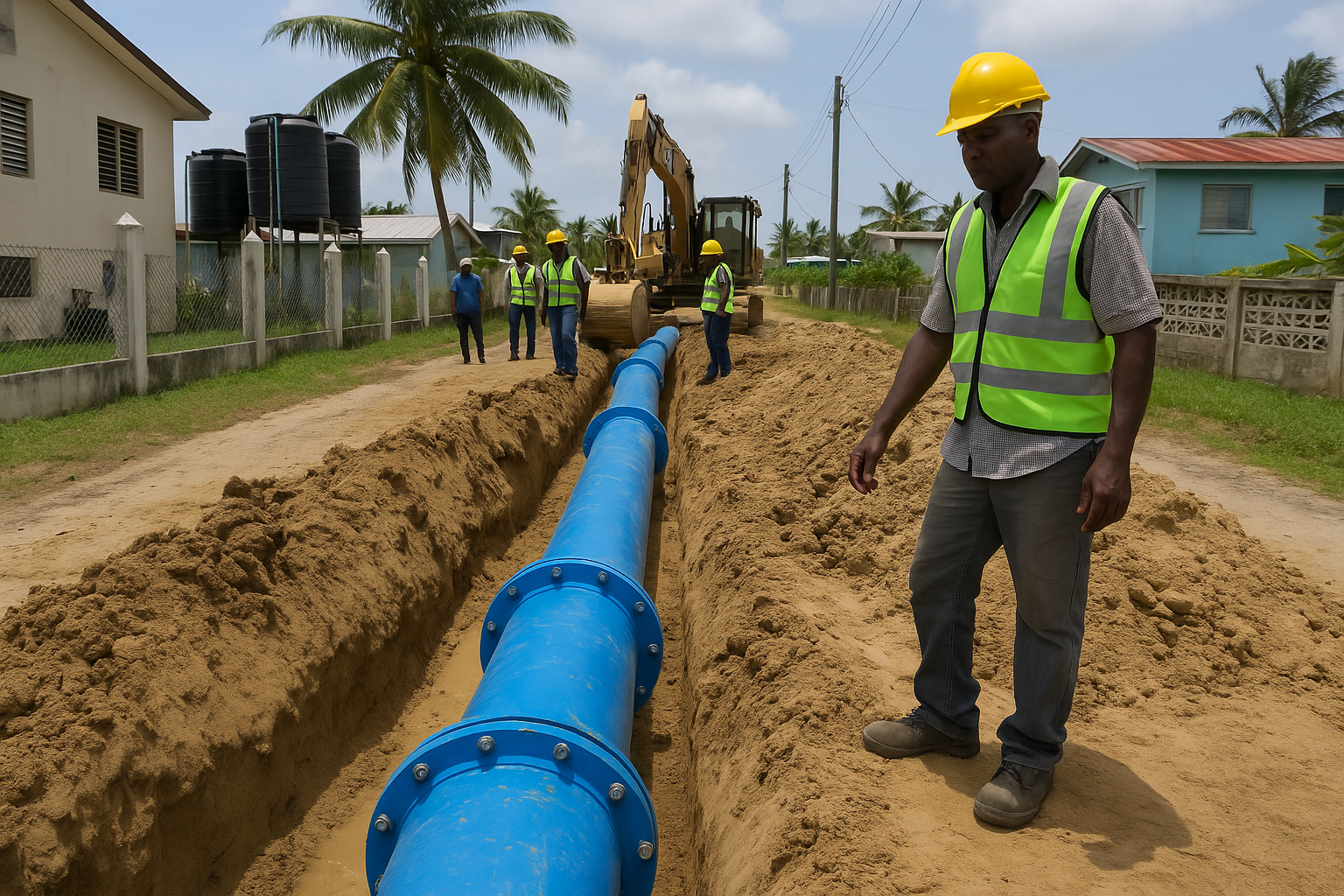Retno Marsudi Calls for Global Action Ahead of IAEA Scientific Forum ‘Atoms for Water’
Marsudi emphasized the urgency of multifaceted solutions: research, capacity building, empowering women and youth, and technological innovation.

As the IAEA Scientific Forum on Atoms for Water prepares to open on 16 September, the United Nations Secretary-General’s Special Envoy on Water, Retno Marsudi, has outlined her vision for a water-secure future. In an exclusive interview with the IAEA, Marsudi stressed the urgent need for stronger international cooperation, increased financing, and innovative solutions to address escalating global water challenges.
A Personal Connection to Water
For Marsudi, water is more than a global issue — it is deeply personal. Reflecting on her experiences as a woman, she highlighted how water scarcity disproportionately impacts women and girls, who often carry the burden of collecting water for their households.
“Women are also leaders of change,” she said. “Evidence consistently shows that women’s leadership in water leads to more sustainable and equitable outcomes, not only in water but across all other development sectors.”
Marsudi underscored that water management is not merely a policy matter but a question of dignity and survival. “Talking about water is not just talking about infrastructure or systems — it is talking about survival. It is about protecting the foundation of life and livelihoods.”
Global Water Under Pressure
Today, water systems are facing unprecedented stress. Around 2.4 billion people live in water-stressed countries, and in 2022, 1.7 billion relied on unsafe drinking water sources. Climate change, coupled with more frequent extreme weather, has worsened the crisis — with 2024 recorded as the warmest year on record.
Marsudi emphasized the urgency of multifaceted solutions: research, capacity building, empowering women and youth, and technological innovation. However, she identified international cooperation as the “indispensable element” to translating commitments into action.
“The financing gap is staggering,” she warned, citing projections of $6.7 trillion needed by 2030, rising to $22 trillion by 2050 for water and infrastructure. “Meeting these demands requires bold international collaborations, especially in financing, technology, and capacity building.”
Inclusive and Integrated Approaches
Marsudi advocates for multi-stakeholder and multisectoral approaches. Governments, civil society, academia, and the private sector must be involved, she argued, to ensure ownership and effective implementation. Integrated water resources management, she said, can serve as a unifying solution to challenges including poverty, food and energy security, disaster risk reduction, and gender empowerment.
She outlined the “Triple A” principle as a framework for progress: advocacy to elevate water on global agendas, alignment to ensure coherence across initiatives, and acceleration to fast-track innovation and concrete action.
The Role of the IAEA and Nuclear Technology
Marsudi praised the IAEA’s contributions, particularly through isotope hydrology, which uses nuclear science to trace the origins, age, and quality of water. She described it as a “game-changer” for water management, helping countries predict future risks and build resilience.
“I encourage the IAEA to continue to prioritize the application of nuclear sciences in the most pressing water challenges, especially those disproportionately affecting developing countries,” she said, pointing to drought, floods, and water pollution.
Looking Ahead to the 2026 UN Water Conference
Marsudi placed high expectations on the upcoming 2026 United Nations Water Conference, which she called a “critical milestone” for achieving Sustainable Development Goal 6 on clean water and sanitation.
The conference, she said, must not only accelerate immediate progress but also shape the global water agenda beyond 2030. “Ensuring our water future requires not only immediate actions but also a clear vision for tomorrow, not just for the world’s people but also for the planet.”
Marsudi emphasized that success would depend on inclusive and transparent preparation, with meaningful engagement from countries and stakeholders. She expressed her readiness to collaborate with the IAEA and the wider international community to ensure the event delivers tangible outcomes.
A Call for Global Solidarity
Ultimately, Marsudi’s message is one of urgency and unity. “No single individual, institution or country can address global water challenges alone,” she concluded. “At the heart of our efforts must be solidarity, because water is everyone’s responsibility, and ensuring access to it is the foundation of life itself.”










